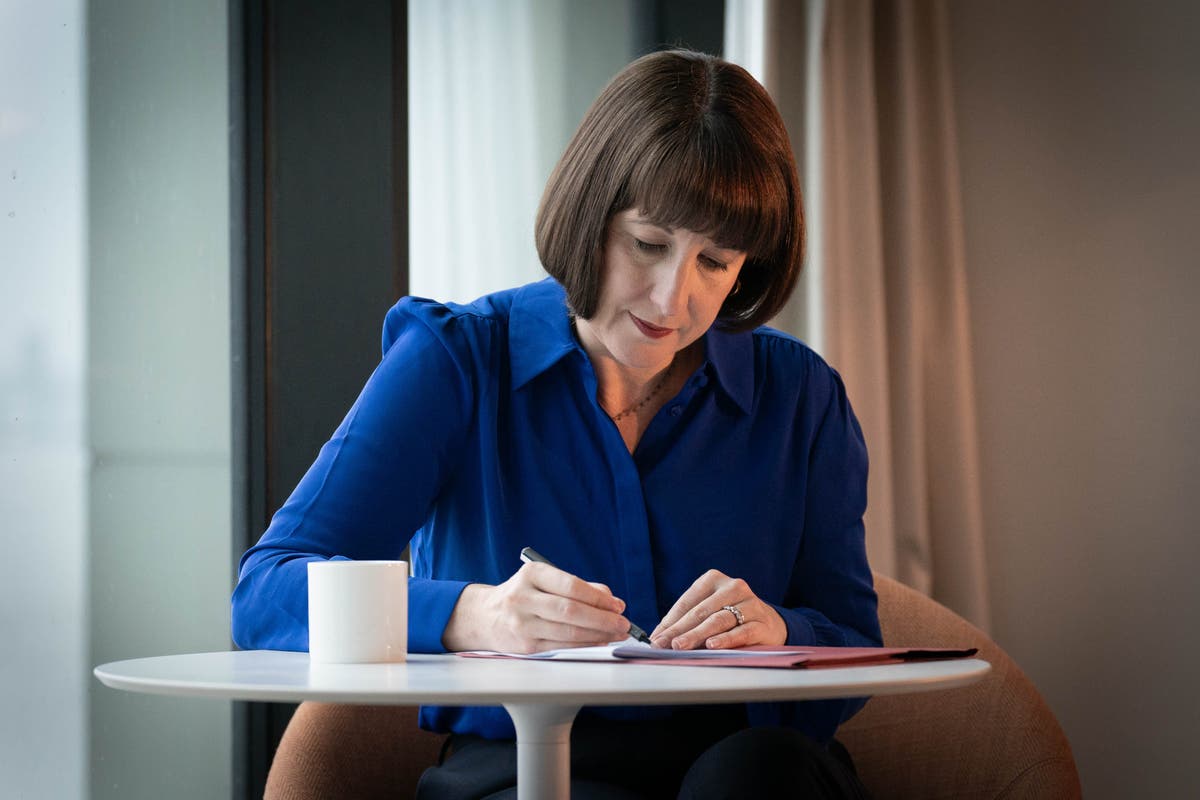The UK economy grew in August after two months of flatlining earlier in the summer, official figures showed on Friday.
The modest improvement came as Chancellor Rachel Reeves prepares for the upcoming Budget at the end of this month.
But what does this actually tell us, and what impact will it have? The PA news agency explains.
– What is gross domestic product?
Gross domestic product – or GDP – is the term typically used to describe the size of a nation’s economy.
It is the measure of what is going on financially across all companies, governments and households.
Economic growth happens when households and firms are spending more money and creating more jobs, while a contraction is when people and firms are pulling back spending.
When an economy contracts for two quarters in a row – as happened over the latter half of 2023 – it is defined as a recession.
– What happened in August?
On Friday, the Office for National Statistics (ONS) said GDP increased 0.2% for the month of August.
That is only a small increase, and it comes after the economy remained flat through June and July.
Things still look relatively weak compared to the first half of 2024, when the economy was bouncing back fast from a recession in late 2023.
It means the broader picture is still one of “slowing growth in recent months”, according to the ONS’s director of economic statistics, Liz McKeown.
– Why did it grow?
The services sector, which includes things like shops, leisure activities, finance firms and many more, grew 0.1% for the month.
But because it is such a big part of the economy – about 80% – that was a key driver of overall GDP.
The construction sector, meanwhile, saw 0.4% growth, driven mainly by new work for firms building infrastructure – things like electricity pylons, roads and others.
Meanwhile, the smaller production sector swung to 0.5% growth after contracting by 0.7% in July.
– What does this mean for the Government?
It’s certainly no bad thing that the economy is improving.
Chancellor Rachel Reeves is to deliver her first Budget later in October, and Labour has already pledged to make economic growth a massive goal.
But it’s a bit more complicated than that.
Ms Reeves has also repeatedly said the Budget will feature “tough decisions”, which has caused business and consumer confidence to fall in September, according to surveys.
That means spending and in turn GDP may have suffered in September. Friday’s figures are only for August.
Luke Bartholomew, deputy chief economist at the asset manager Abrdn, said the worry is “speculation about the upcoming Budget” could cause another slowdown.
– What about the Bank of England?
The Bank of England’s policymakers will be keeping a close eye on GDP figures to assess when they can next cut the base interest rate.
This affects how expensive it is to borrow money, and dictates things like mortgage rates from high street banks.
The Bank’s Monetary Policy Committee is next set to meet in November, where most economists have predicted another quarter-point rate cut.
But Suren Thiru, economics director at the Institute of Chartered Accountants in England and Wales, said the positive GDP figure means a rate cut is not yet certain.
“While interest rates are still likely to fall in November, these positive figures mean it’s not quite a done deal by giving the more hawkish rate setters enough encouragement over economic conditions to hold off voting to relax policy,” he added.

